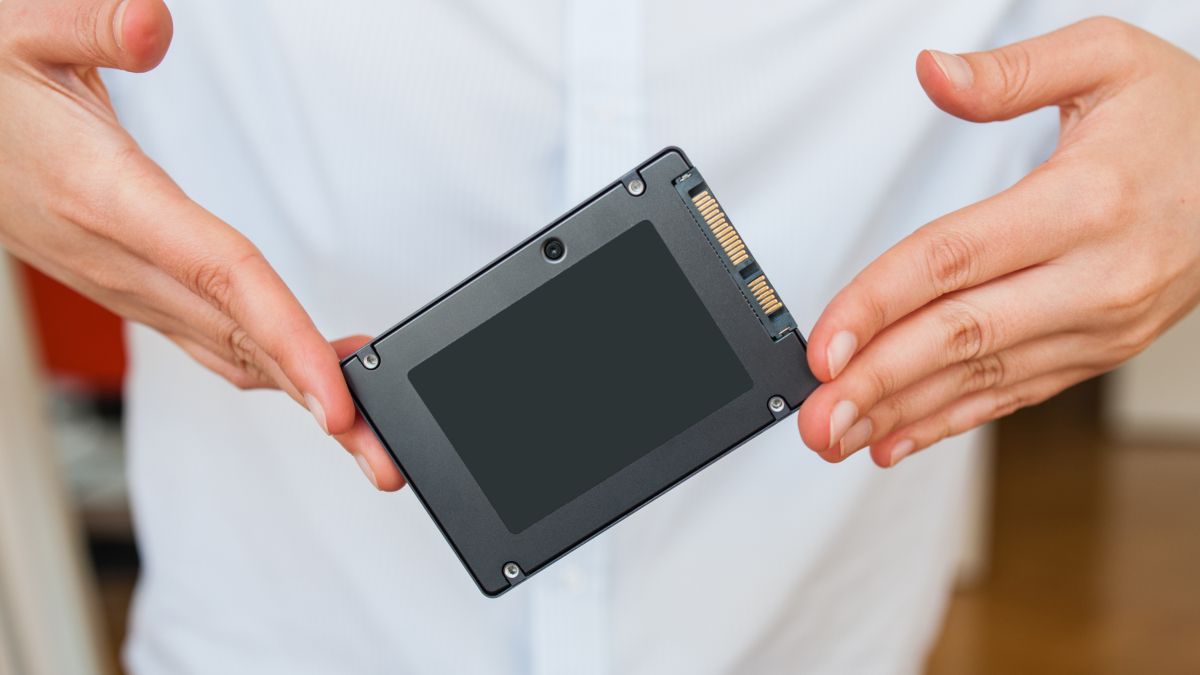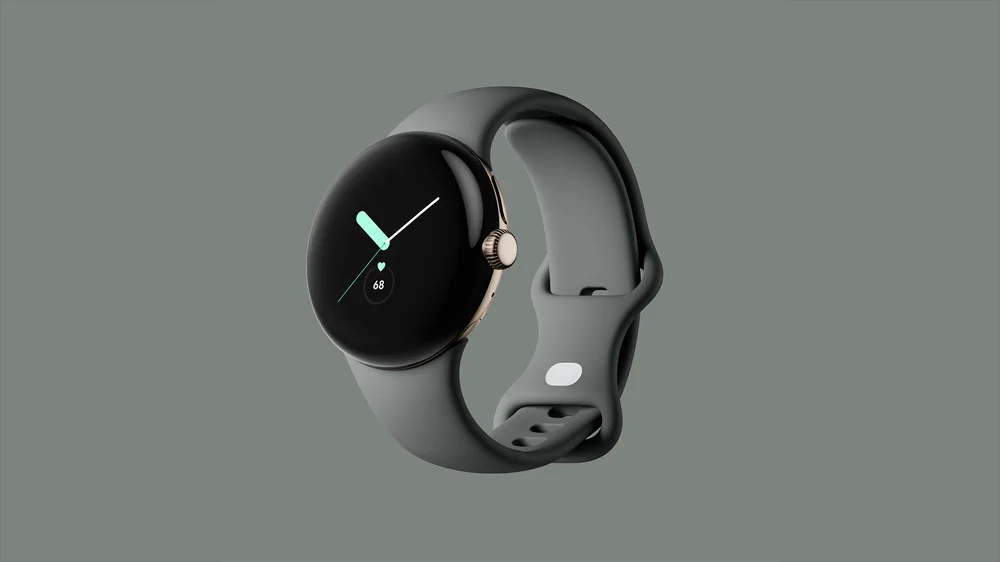The reason why you should never get a Spotify code tattoo

Choosing the perfect design for a tattoo is a task that requires a lot of thought. After all, we are talking about a decision that will stay with you for life.
For some ink lovers, this process involves weeks of consideration, ensuring that the chosen design is not only aesthetically pleasing, but also conveys deep meaning at first glance.
However, there are those who take a more relaxed approach to this choice, without diving too deeply into the details of the design they will wear on their skin. Social media has witnessed a wide range of creative tattoossome of which arouse admiration for their originality.
In recent years, a trend that has gained popularity on digital platforms is that of tattoo Spotify codes. These, when scanned, play a specific song in the app.
The idea has captured the imagination of those looking to merge their love of music with their passion for tattoos. However, behind this trend lies an intriguing aspect. Although these tattoos do their job at first, some have found that over time they stop working.
This reality adds an unexpected nuance to the simplicity of getting a Spotify code tattoo, raising questions about the actual durability of these tattoos.
The big problem with tattooing a Spotify code
Tattooing a Spotify code requires absolute precision. If the lines that make up the code are not drawn accurately, the tattoo will not be able to scan correctly and will lose its functionality.
This is a big responsibility for tattoo artists, who must ensure that the code is identical to the original. Another aspect to take into account is the variability of the Spotify platform.
Songs can enter and leave the platform at any time, meaning that a tattoo that works today may stop working tomorrow. This uncertainty makes these tattoos unreliable in terms of their duration.
Therefore, if you are thinking about get a Spotify code tattooed, you should think twice. Technical complexity and potential long-term drawbacks are important aspects to consider.



